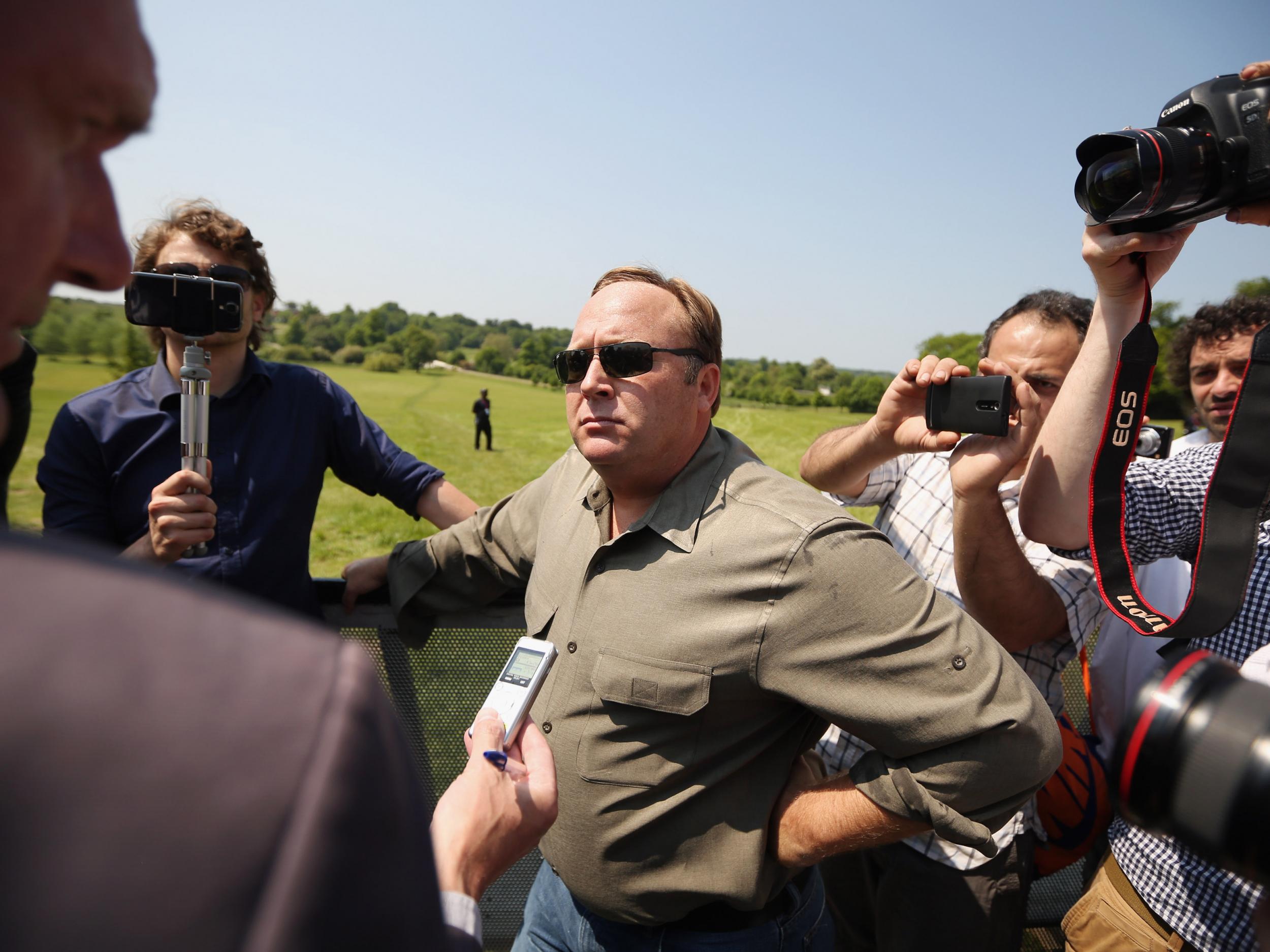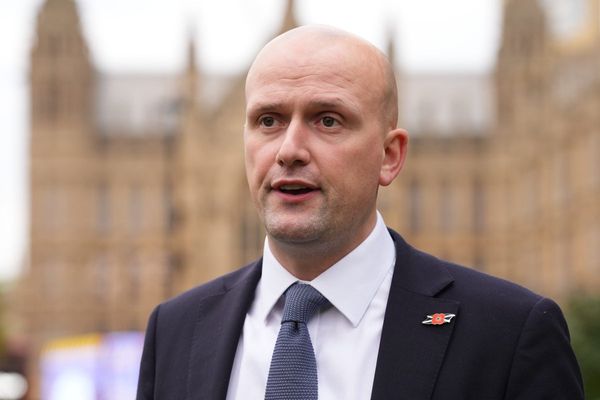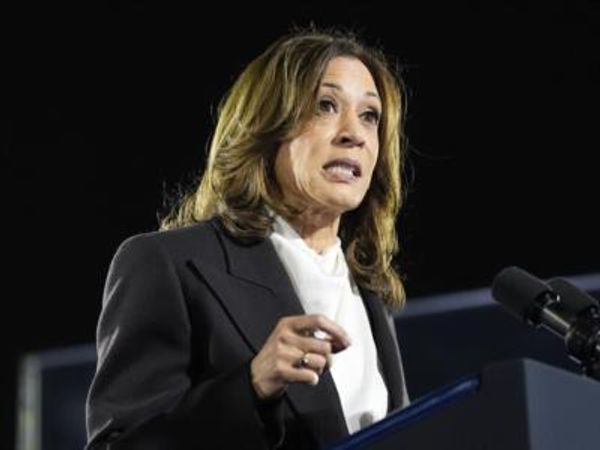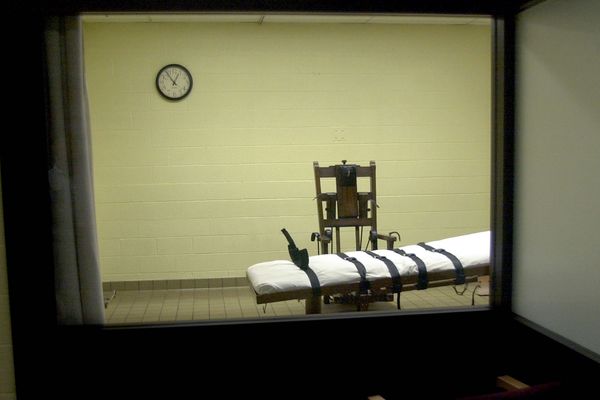The secretive Bilderberg Group gathers for its annual meeting this week, which is taking place in Montreux, Switzerland.
A collective of elite North American and European politicians, business leaders, financiers and academics, the group has attracted a good deal of suspicion over the last half-century, with conspiracy theorists confidently asserting that its members are plotting the New World Order and are hell-bent on global domination.
Protesters who believe the Bilderbergers represent a “shadow world government” regularly picket their yearly meet-ups, creating a need for high security at all times, but attendees insist the group is simply a debating society taking place outside the glare of the political spotlight.
The group publishes its guest list the day before its annual get together – between 120 and 150 are invited by its steering committee – along with a list of the subjects they intend to discuss as a gesture towards transparency. This typically consists of broad issues like macroeconomic concerns, the threat of terrorism and cyber-security.
No minutes are taken, however, and the outcome of their discussions are not made public, hence the assumption that they are a sinister cabal of the rich and powerful with something to hide.
The Bilderberg Group take their name from the Hotel de Bilderberg in Oosterbeek, the Netherlands, where its members first convened on 29 May 1954 at the invitation of Prince Bernhard of Lippe-Biesterfeld.
Its founders – including exiled Polish politician Jozef Retinger, ex-Belgian prime minister Paul van Zeeland and Paul Rijkens, former head of consumer goods giant Unilever – were concerned about a prevailing atmosphere of anti-American sentiment in post-war Europe in a moment when the US was enjoying a consumer boom while holding the fate of the recovering continent in its hands through the Marshall Plan.
The group hoped to revive a spirit of transatlantic brotherhood based on political, economic and military cooperation, necessary during the Cold War as the USSR tightened its iron grip on its eastern satellites.
Sixty-one delegates, including 11 Americans, from a total of 12 countries attended the inaugural conference, with candidates chosen to bring complimentary conservative and liberal points of view, future Labour leader Hugh Gaitskell among them. Its success meant subsequent meetings were held in France, Germany, Denmark before the first on American soil at St Simons Island in Georgia.
The Bilderberg Group’s primary goal has reportedly been expanded to take in a more all-encompassing endorsement of Western free market capitalism over the years, although the conspiracy theorists believe their agenda is either to impose pan-global fascism or totalitarian Marxism. They’re just not sure which.
Although members do not as a rule discuss what goes on within its conferences, Labour MP and onetime party deputy leader Denis Healey, a member of the steering committee for more than 30 years, did offer a clear statement of its intentions when quizzed by journalist Jon Ronson for his book Them in 2001.
“To say we were striving for a one-world government is exaggerated, but not wholly unfair,” he said. ”Those of us in Bilderberg felt we couldn’t go on forever fighting one another for nothing and killing people and rendering millions homeless. So we felt that a single community throughout the world would be a good thing.”
Other notable British politicians to have accepted the group’s invitation include Conservatives Alec Douglas-Home and Peter Carrington – who chaired the committee between 1977 and 1980 and between 1990 and 1998 respectively – and Margaret Thatcher, David Owen, Tony Blair, Peter Mandelson, Ed Balls, Ken Clarke and George Osborne. Princes Philip and Charles have also been.
Henry Kissinger is a regular, while Helmut Kohl, Bill Clinton, Bill Gates, Christine Lagarde and Jose Manuel Barroso have all attended among the billionaires and executives from leading banks, corporations and defence industry bigwigs. Perhaps most surprisingly, Ryanair’s Michael O’Leary attended 2015’s event in Telfs-Buchen in the Austrian Tyrol.

Rather than a SPECTRE-like organisation reinforcing its interests by choosing presidents and controlling public opinion through the media, the Bilderberg Group is nothing more sinister than “an occasional supper club”, according to David Aaronovitch, author of Voodoo Histories (2009).
But even if the Bilderberg Group are not David Icke’s slavering lizard men in silk hoods, the idea that they might be grouped in with the Illuminati has provided a convenient cloaking device, says journalist Hannah Borno.
“Conspiracy theories have served the group quite well, because any serious scrutiny could be dismissed as hysterical and shrill,” she said. ”But look at the participant list. These people have cleared days from their extremely busy schedules.”
American alt-right “shock jock” Alex Jones has been one of the loudest proponents of such theories, stating on air: “We know you are ruthless. We know you are evil. We respect your dark power”.
He appeared on Andrew Neil’s Sunday Politics show in 2013 to discuss the Bilderberg Group’s meeting at a hotel in Watford, ranting wildly about them as “puppeteers above the major parties” and insisting on their role in the founding of the EU. ”A Nazi plan”, according to Mr Jones.
He has more recently attended protest camps, sent InfoWars pundit Owen Shroyer to try and invade their 2017 gathering in Chantilly, Virginia, and accused them of plotting to overthrow US president Donald Trump.
That might all sound alarming but is fairly mild by Mr Jones’s standards. He also believes Barack Obama and Hillary Clinton are demons and that the Pentagon has a secret “gay bomb”.







